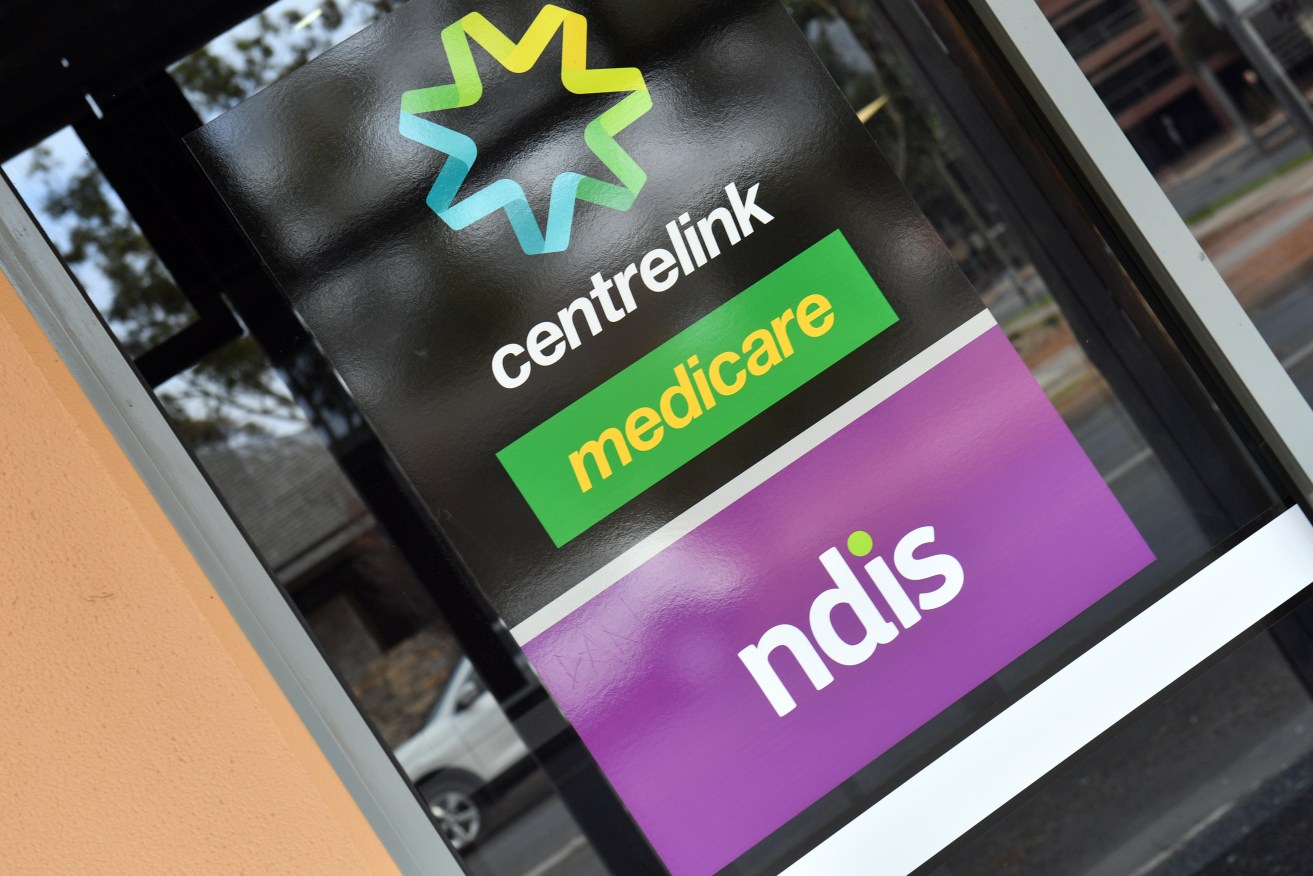Proposed NDIS rule changes alarm disability services
An alliance of almost 30 disability advocates is urging the federal government to pause proposed changes to the NDIS, including requiring recipients to undergo three-hour assessments by private contractors in order to continue receiving support.


Photo: Mick Tsikas / AAP
The group of disability advocates includes Autism SA, Down Syndrome Australia, Children and Young People with Disability Australia and the Australian Federation of Disability Organisations.
They have called for proposed draft National Disability Insurance Scheme legislation, set to be released in July, to be pushed back.
As part of its “terms of engagement” advocates want to halt all proposed changes to the NDIS access and planning, a government commitment to work with advocacy groups and an immediate review of the NDIS, including accountability of the agency in charge of the scheme – the NDIA.
Last year the government outlined legislative changes to the NDIS in response to a review, which found a number of issues with the scheme, including for participants trying to navigate and accessing supports.
Then NDIS Minister Stuart Robert said the proposed changes would provide greater equity for people living with disability.
The government has since flagged more than “50 individual improvements” – set to be released as part of draft legislation in July – that it says will help reduce disparity and make the scheme “simpler, fairer and more consistent for participants, and their families and carers”.
One of the key changes to the NDIS is the proposed rollout of independent assessments.
The assessments are set to fundamentally alter how people living with disability have funding approved.
Currently people rely on reports from their medical professionals of choice to prove their eligibility for the scheme and determine funding. But under the new system participants will undergo a three-hour assessment by a private contractor to determine their level of support.
The government says the change will prevent people with deeper pockets from receiving greater assistance than those from low socioeconomic backgrounds. Disability advocates fear the move is a cost-cutting measure aimed at reducing NDIS packages and participant numbers.
Following widespread condemnation of the independent assessments, the new NDIS Minister Linda Reynolds paused the rollout of assessments last month, revealing to a senate inquiry earlier this week that the rollout would resume in “some form” after the government had time to consider the changes.
In a statement, Reynolds said she had “paused any changes” while she undertook further consultation and would “not be progressing any legislation while consultation is ongoing”.
She refused to comment on the duration of the consultation period, who would be involved in consultation and whether the draft legislation would be pushed past July.
Children and Young People with Disability Australia CEO Mary Sayers said while the government had recently agreed to pause changes to independent assessments, a raft of other proposed alterations linked to the assessments also needed to stop.
“Independent assessments is one thing, but you’re also trying to radically change the way planning is done and the way budgets are developed,” she said.
“It’s making all of these other changes dependent on independent assessments. It’s saying: you can have plan flexibility but you can only do it if you have an independent assessment, rather than starting with the question: how can we make NDIS plans more flexible?
“It’s starting with the solution. We want to go back and co-design the full solutions with government.”
Sayers said she was baffled by the “mixed messages” from the government.
“It’s hard to understand what’s being paused when the Minister says ‘we’re going to have independent assessments in some form’,” she said.
“It’s not clear and we’d like clarity and that’s why we developed the terms of engagement that we want government to work with us in much more of a respectful way.”
South Australia’s peak body for people with autism said the speed at which the slew of reforms flagged for the NDIS had been proposed for rollout had not allowed disability organisations appropriate time to understand the impact and scope of reforms, leaving the sector “fatigued” and “distressed”.
“As a provider and peak body you don’t know what you’re gearing up to support because you don’t know what the impacts are,” Autism SA CEO Jenny Karavolous said.
“It’s not the sector going ‘we don’t want change’ it’s just the speed and without transparency people don’t know what it means.
“Change brings challenges but also opportunities – but I don’t know any other sector that just changes, and changes that quickly.
“It’s very concerning and fills people with dread and despair.
“People have been holding it together and have been relying on what they’ve managed to understand from the NDIS … and it’s happening at such a fast pace.”
Karavolous warned without greater consultation between the sector, government and the agency in charge of the scheme some of the nation’s most vulnerable risked missing out on appropriate support.
“The NDIS is a critical part of Australia’s social infrastructure – it’s like Medicare,” she said.
“Everyone wants the scheme to be sustainable and successful – but we’d like to reset the relationship (with government) and undertake genuine consultancy to build something better for everyone and to make sure that it’s efficient and effective for the community as a whole.
“What would ideally happen next is to stop all proposed changes to the NDIS … so then we can find a way forward and have general consultancy and help work through the outcomes that are needed for all stakeholders.
“And really look at the governance structure of support that’s happening.”




